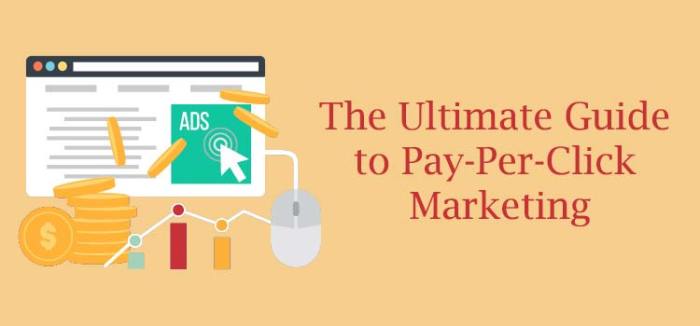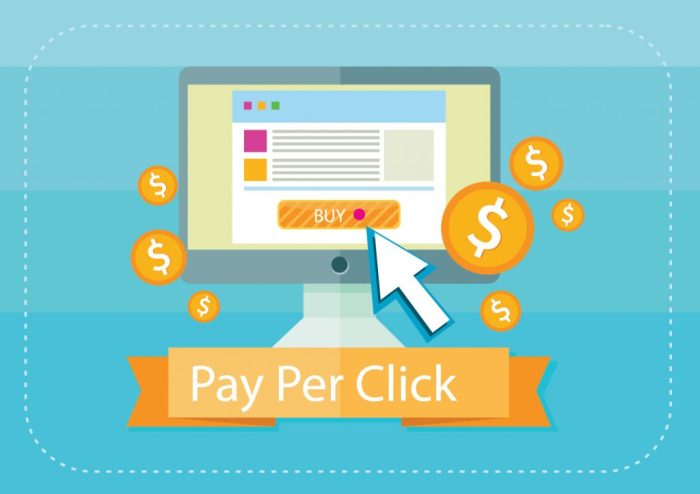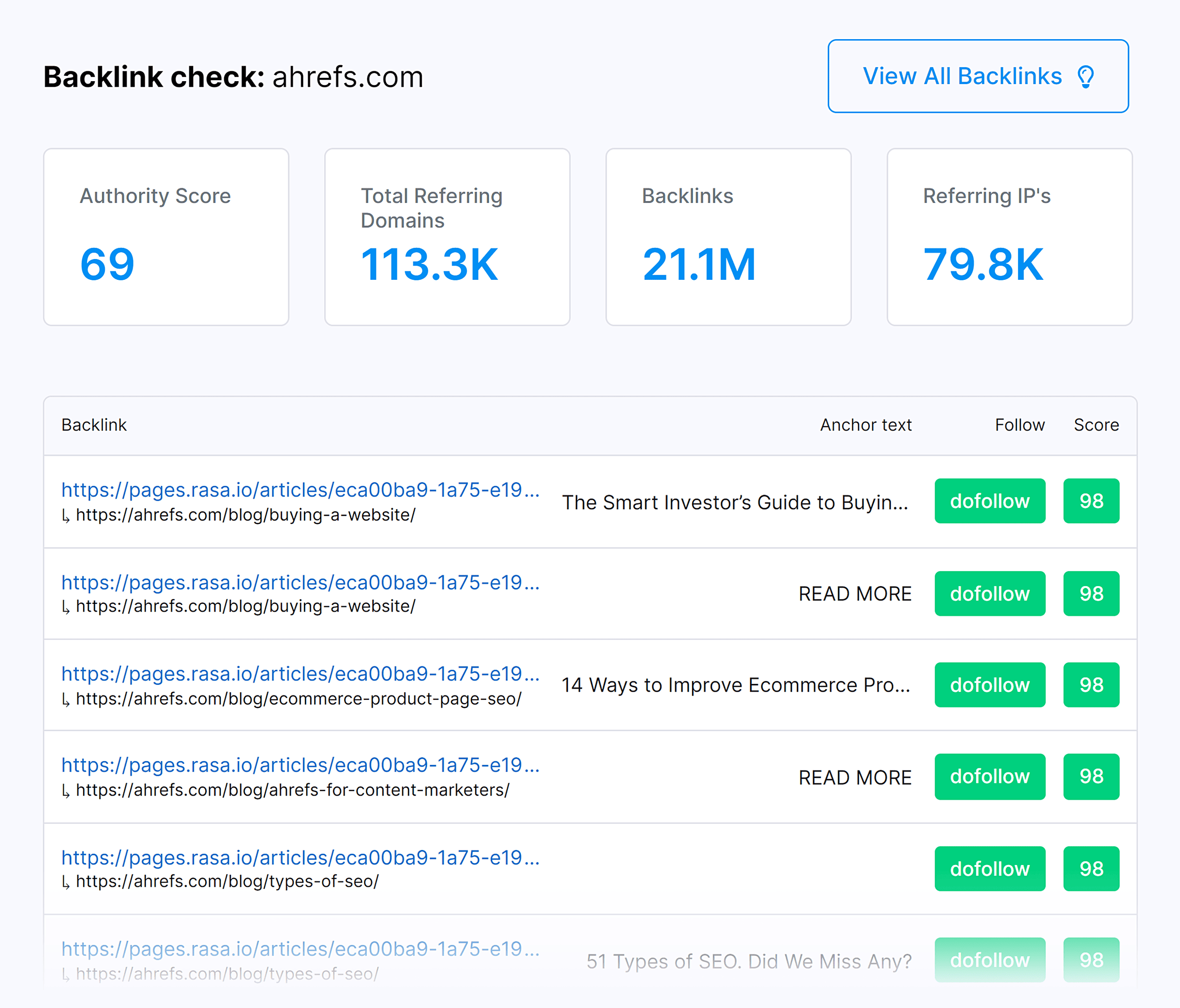This guide explores the landscape of PPC management, from service types and key responsibilities to crucial selection factors and performance evaluation.
Choosing the right PPC management company is paramount for online advertising success. Understanding the nuances of various services, comparing different companies, and evaluating performance are essential steps. This exploration examines the critical factors to consider, offering insights into selecting the best fit for your needs.
Factors to Consider When Choosing a PPC Management Company
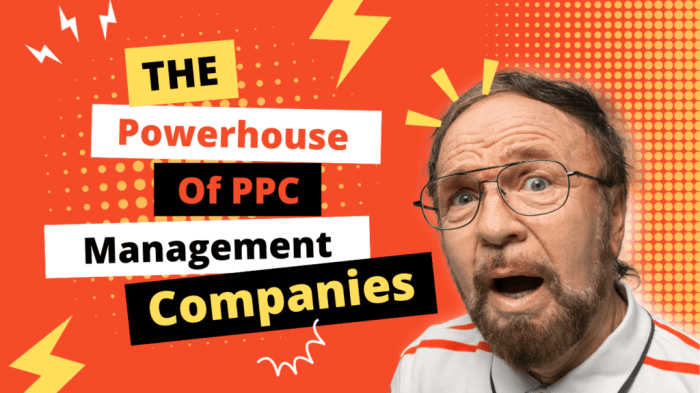
Source: leadppc.com
Selecting the right PPC management company is crucial for maximizing your return on investment (ROI). A skilled partner can significantly improve your online visibility and drive qualified leads. Choosing the wrong partner, however, can lead to wasted budget and missed opportunities. This section provides Artikels’ key considerations for making an informed decision.
Experience and Expertise in PPC Management
A company’s experience and expertise directly impact the effectiveness of its PPC campaigns. Look for a company with a proven track record of success in managing campaigns for businesses similar to yours. Years of experience translate to a deeper understanding of industry best practices, algorithm updates, and effective strategies for achieving optimal results.
Transparency and Communication in the Partnership
Open communication and transparency are vital for a successful PPC partnership. A good company should provide regular reports and updates on campaign performance. These reports should be easily understandable and highlight key metrics like click-through rates (CTR), conversion rates, and cost-per-acquisition (CPA). Clear communication channels, such as email or dedicated account managers, facilitate prompt responses to questions and concerns. Regular meetings and discussions are crucial to ensure everyone is on the same page and working toward shared goals.
Client Testimonials and Case Studies
Client testimonials and case studies offer valuable insights into a company’s capabilities and results. Look for testimonials from businesses in similar industries to yours, highlighting their positive experiences with the company’s services. Case studies provide detailed accounts of successful campaigns, demonstrating the company’s strategies and the tangible outcomes they achieved. These resources can provide concrete evidence of the company’s expertise and its ability to deliver results.
Understanding of Various Advertising Platforms
A comprehensive understanding of various advertising platforms is essential. The best PPC management companies possess a strong grasp of platforms like Google Ads, Bing Ads, and potentially others like social media advertising platforms. This allows them to create a multi-faceted approach to your advertising strategy, maximizing your reach and optimizing your budget across different channels. A deep understanding of platform-specific best practices and algorithm updates ensures your campaigns are performing optimally on each platform.
Comparison of PPC Management Companies
| Company | Experience (Years) | Average Monthly Cost (USD) | Client Testimonials (Number) |
|---|---|---|---|
| Company A | 7 | $2,500 – $5,000 | 15 |
| Company B | 12 | $5,000 – $10,000 | 25 |
| Company C | 3 | $1,000 – $2,500 | 8 |
Note: These figures are illustrative examples and may vary depending on the specific services and campaigns. Always request detailed pricing and service packages before making a decision. Client testimonials and case studies should be thoroughly reviewed and verified.
Comparing Different PPC Management Services
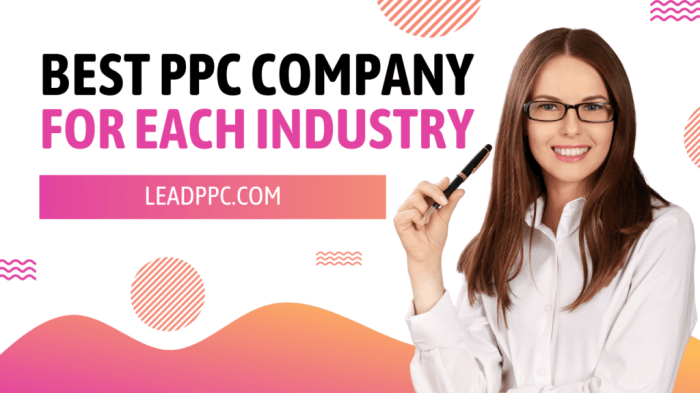
Source: leadppc.com
Choosing the right PPC management service is crucial for maximizing your return on investment. Understanding the various offerings, pricing structures, and contracts available is vital for making an informed decision.
Different PPC management companies offer varying service packages, pricing models, and contract terms. This necessitates a thorough evaluation of these aspects to select the most suitable option for your specific business requirements. This section details the different approaches and the factors to consider when comparing services.
Service Packages Offered
Different companies tailor their services to various client needs and budgets. Basic packages often cover fundamental aspects like research, campaign setup, and basic optimization. More comprehensive packages might include advanced analytics, A/B testing, and ongoing campaign management. Some companies may also offer specialized services, such as retargeting campaigns or conversion rate optimization.
Pricing Models and Contracts
Pricing models for PPC management services are diverse, ranging from hourly rates to project-based fees or monthly retainers. Understanding the pricing model is crucial in aligning the cost with the expected outcomes. Contractual agreements can vary, encompassing fixed-term contracts or month-to-month options.
Comparison Table of Service Packages
| Service Package | Description | Pricing Model |
|---|---|---|
| Basic Package | Includes research, campaign setup, and basic optimization. Focuses on foundational PPC activities. | Monthly retainer, starting at $500-$1500 per month. Some companies offer tiered options based on ad spend. |
| Standard Package | Builds upon the basic package with advanced research, A/B testing, and more frequent performance reports. Includes more in-depth campaign analysis. | Monthly retainer, typically ranging from $1500-$5000 per month, or a percentage-based fee on ad spend. |
| Premium Package | Provides comprehensive management, including advanced analytics, conversion rate optimization (CRO), and specialized services like retargeting. Offers significant customization and a dedicated account manager. | Monthly retainer, generally exceeding $5000 per month, or a performance-based fee tied to campaign ROI. Some companies offer custom pricing based on client goals. |
Case Studies and Success Stories
A crucial aspect of evaluating PPC management companies is examining their track record. Looking at real-world examples of successful campaigns provides insight into a company’s expertise and ability to deliver results. This section delves into specific case studies, highlighting strategies and outcomes to help potential clients make informed decisions.
Examining successful PPC campaigns offers valuable lessons for potential clients. Understanding how these strategies translate into improved return on investment (ROI) and business growth is key. Case studies illustrate how experienced managers effectively leverage PPC tools and strategies to optimize campaigns and drive results.
Examples of Successful PPC Campaigns
Analyzing successful PPC campaigns demonstrates how a strategic approach can translate into significant returns. These case studies showcase different industries, campaign objectives, and target audiences, highlighting the adaptability and effectiveness of proven methods.
- E-commerce Growth through Targeted Ads: A clothing retailer, using a PPC management company specializing in e-commerce, saw a 45% increase in conversion rates within three months. Their campaign focused on high-intent searches related to specific clothing styles and sizes, resulting in highly qualified leads. This highly targeted approach ensured the ads reached the right audience, leading to substantial cost savings and impressive ROI improvements. The campaign’s success was directly attributed to the PPC management company’s expertise in utilizing specific ad formats and platforms relevant to the e-commerce industry.
- B2B Lead Generation: A software company, collaborating with a PPC management firm specializing in B2B marketing, generated a 30% increase in qualified leads over six months. The campaign targeted specific segments related to their software’s features and benefits. Using advanced bidding strategies, the company optimized its campaigns to ensure its ads appeared at the top of search results, maximizing visibility and click-through rates. Detailed reporting allowed for continuous monitoring and adjustments to the campaign based on performance data, ensuring the ads reached the right decision-makers. A crucial element of success was the deep understanding of their target audience’s online behavior and their precise needs, translating to higher-quality leads.
- Local Business Expansion: A local bakery, partnering with a PPC management firm focused on local, saw a 60% rise in foot traffic within six months. The campaign focused on location-based search and utilized Google My Business optimization. They strategically targeted users searching for nearby bakeries, showcasing the bakery’s unique offerings and special promotions. The success of this campaign stemmed from a profound understanding of local search behavior, which allowed for targeted messaging and increased visibility in local search results.
ROI Improvements Demonstrated
The following table showcases the tangible ROI improvements resulting from the case studies above.
| Company | Industry | ROI Improvement (%) | Duration |
|---|---|---|---|
| E-commerce Retailer | Retail | 45 | 3 months |
| Software Company | Software | 30 | 6 months |
| Local Bakery | Food Service | 60 | 6 months |
Impact on Business Growth
Successful PPC campaigns can significantly contribute to business growth. By driving qualified traffic to websites, increasing brand visibility, and generating leads, these campaigns can directly impact sales and revenue. Case studies highlight how PPC management firms can assist in expanding a company’s reach, reaching new customer segments, and accelerating business development.
Evaluating Company Performance and Reporting
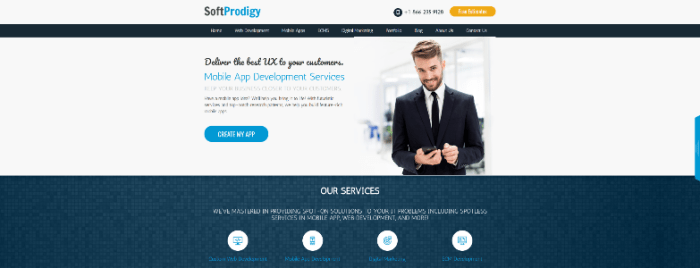
Source: cloudsmallbusinessservice.com
Scrutinizing a PPC management company’s performance is crucial for ensuring you’re receiving a worthwhile return on your investment. A reliable partner will provide clear and consistent reporting, allowing you to track progress and make informed decisions. This transparency empowers you to assess the effectiveness of their strategies and identify areas for improvement.
Methods for Evaluating PPC Management Company Performance
Evaluating a PPC management company involves a multifaceted approach. Crucially, you need to examine their processes, tools, and adherence to best practices.
Importance of Regular Reporting and Analysis
Regular reporting is fundamental to effective PPC management. This detailed reporting allows for real-time monitoring of campaign performance and the ability to quickly address issues or make necessary adjustments. Without consistent reporting, it’s difficult to assess the impact of your marketing efforts and pinpoint areas needing optimization. This proactive approach to monitoring prevents potential setbacks and ensures your campaigns remain highly effective.
Key Metrics for Evaluating PPC Success
Tracking key performance indicators (KPIs) is essential for gauging the effectiveness of your PPC campaigns. Metrics like click-through rates (CTR), conversion rates, and return on ad spend (ROAS) provide a clear picture of campaign performance. By analyzing these figures, you can assess the effectiveness of strategies, identify areas for improvement, and make data-driven decisions to maximize results.
Table of Reporting Metrics and Significance
| Metric | Description | Significance |
|---|---|---|
| CTR (Click-Through Rate) | The percentage of people who see your ad and click on it. | A high CTR indicates your ad is relevant and engaging to your target audience. A low CTR may signal the need to refine your ad copy, s, or targeting. |
| Conversion Rate | The percentage of visitors who complete a desired action, such as making a purchase or filling out a form. | A high conversion rate indicates your landing page and ad copy are effectively converting leads into customers. |
| Cost Per Click (CPC) | The amount you pay each time someone clicks on your ad. | Lower CPCs are generally better, indicating efficient use of your advertising budget. Analyzing CPC alongside other metrics is vital. |
| Return on Ad Spend (ROAS) | The amount of revenue generated for every dollar spent on advertising. | ROAS is a critical metric for measuring the profitability of your campaigns. A high ROAS signifies successful campaign management. |
| Impressions | The total number of times your ad was shown. | Impressions provide context for understanding ad visibility and reach. It’s not the sole measure of success. |
Industry Trends and Future Outlook
The PPC management landscape is dynamic, constantly evolving with technological advancements and shifting consumer behavior. Understanding these trends is crucial for businesses to maintain a competitive edge and maximize their ROI. This section examines current trends, potential future developments, and the impact of emerging technologies on PPC management.
Current Trends in PPC Management
The PPC industry is witnessing a convergence of several key trends. Increased emphasis on user experience (UX) is paramount, demanding more personalized and relevant ad experiences. This shift is driven by evolving consumer expectations and the need to stand out in a crowded digital marketplace.
Potential Future Developments and Innovations in PPC
The future of PPC promises exciting innovations. AI-powered automation will likely play a more prominent role in campaign management, enabling businesses to optimize bidding strategies, target audiences more effectively, and personalize ad copy in real-time. This adaptation will be critical for companies to reach potential customers who are searching for products or services using voice assistants.
Impact of Emerging Technologies on PPC Management
Emerging technologies are profoundly impacting PPC management. The rise of machine learning (ML) is allowing for sophisticated targeting and optimization, enabling highly personalized ad experiences. This, in turn, leads to improved conversion rates and higher ROI. Real-world examples of AR/VR integration in advertising campaigns are beginning to emerge, highlighting the potential of these technologies.
Adaptation to the Ever-Changing Digital Landscape
Businesses are actively adapting to the ever-changing digital landscape by focusing on continuous learning and upskilling. This includes staying informed about the latest algorithm updates from search engines, experimenting with new technologies, and embracing data-driven strategies. This adaptability ensures that campaigns remain effective and maintain a competitive advantage in the ever-evolving online environment.
Summary of Future Prospects
The future of PPC management is promising. The combination of automation, AI, and data analytics will drive more efficient campaigns and personalized customer experiences. Companies that adapt to these changes and embrace emerging technologies will be best positioned for success in the digital marketplace.
Summary

Source: inziworld.com
Evaluating experience, understanding pricing models, and scrutinizing performance metrics are vital steps. By carefully navigating the landscape of PPC management services, businesses can unlock substantial online advertising potential.


